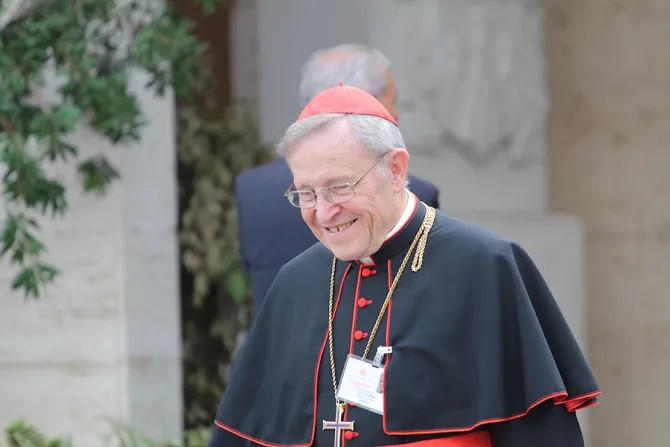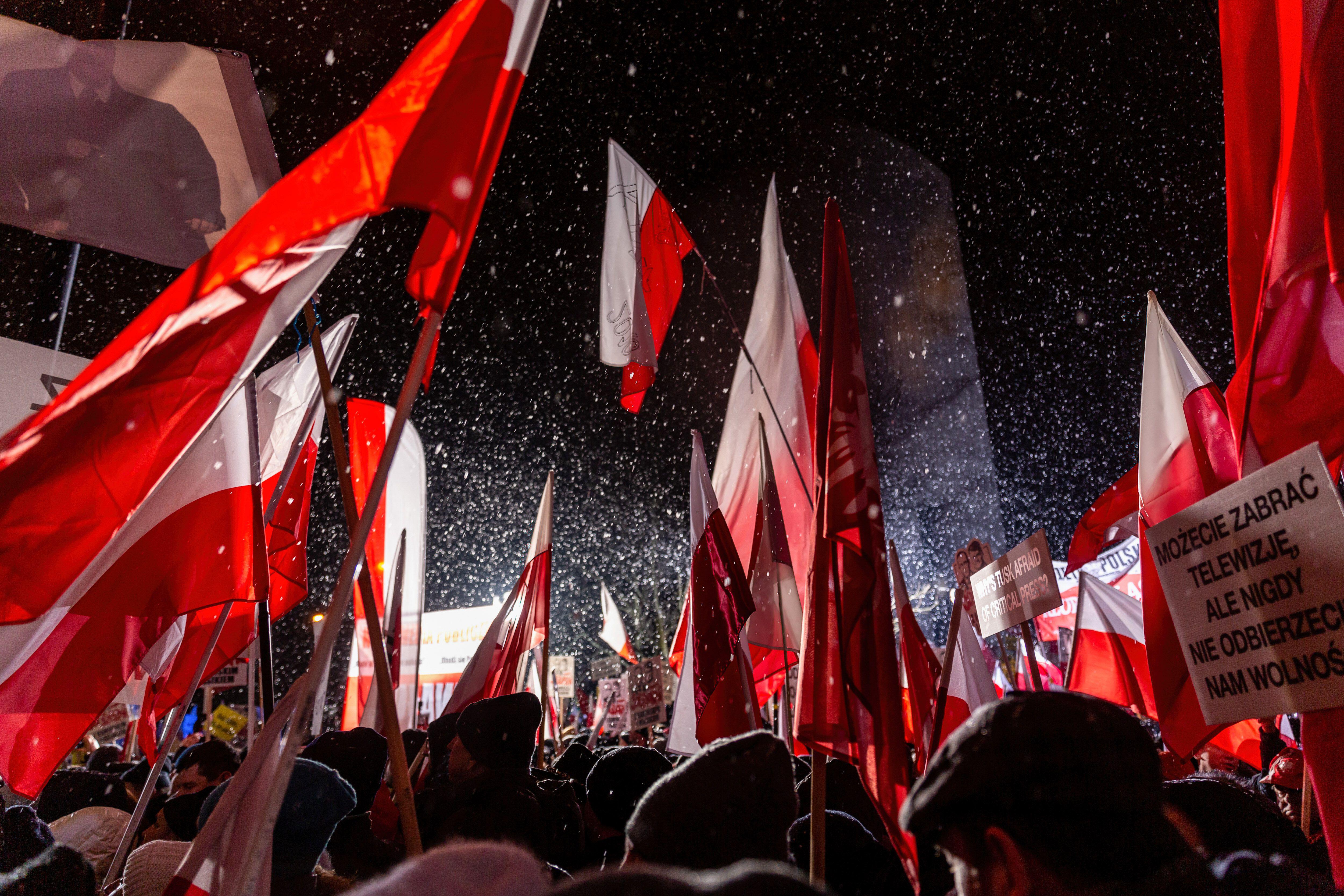Poland’s Catholic bishops have made cautious offers of dialogue to Donald Tusk’s coalition government during its first weeks in office, as it began a programme of liberal reforms.
In a weekend commentary, the Catholic Information Agency (KAI) said “significant statutory changes” affecting the Church should be based on “consensual arrangements” under the 1997 constitution and 1998 concordat with the Vatican.
However, a senior priest told The Tablet that the government's “secularising agenda” enjoyed “strong support” from the European Union and was unlikely to be affected by Church objections.
“Under Polish rules, whoever governs can take over the state media and other institutions, although this must be done in line with the constitution and laws,” said Fr Henryk Zielinski, editor of the Warsaw-based Catholic weekly Idziemy.
“Numerous initiatives involving the Church have already been announced, from restricting religious education to legalising same-sex unions, while anti-religious placards have also appeared on the streets. That the EU has backed the new government and said nothing about its legal violations is hard for many Church representatives to accept.”
Tusk took office on 13 December, two months after his Civic Coalition, allied to the centre-right Third Way and left-wing Lewica parties, won 248 places in Poland's 460-seat Sejm lower house, ousting the national-conservative Law and Justice (PiS) party, which won 194.
Presenting his programme, the new premier pledged to improve ties with Brussels and correct alleged illegalities by the previous PiS government, while pressing ahead with a raft of reforms, including “separating Church and state”.
However, PiS politicians have accused the new coalition of failing to follow due process. They also claim that the European Commission backed Tusk in return for his support for a planned 67-point extension of centralising EU powers.
Among the government’s first measures was a law permitting state funding for in vitro fertilisation, while plans have been announced to legalise same-sex partnerships and restrict public religious teaching to one hour weekly at the start or end of the school day.
On 20 December police closed the headquarters of Polish TV, and escorted state radio and the PAP news agency directors from their offices. President Andrzej Duda, a former PiS member, claimed this was a “flagrant violation of the constitution” which has not been recognised by Poland’s Supreme Court.
In a pre-Christmas appeal, the head the Polish bishops’ conference, Archbishop Stanislaw Gadecki of Poznan, said he was watching events “with great concern”, adding that the country’s future depended on a readiness to seek agreement “at the negotiating table, without resorting to force”.
In a further escalation, however, two prominent PiS parliamentarians were arrested and jailed last week for alleged corruption while visiting President Duda’s Warsaw residence. The president also condemned the arrests as illegal.
At the end of December, Tusk said he had set up a team to replace Poland’s Church Fund with a “voluntary tax deduction system” for “those interested in supporting their Church”.
The fund was established in 1950 to compensate religious communities for property seized by the Communist authorities, and now provides a state subsidy for religious association’s expenses.
In a subsequent statement, the bishops’ conference secretary-general Bishop Artur Mizinski said the Church was “open to dialogue” on new financial arrangements, provided they accorded with constitutional principles and treaty obligations.
At a press conference last week, however, a conference spokesman, Fr Leszek Gesiak, said Poland's bishops had not yet been consulted about scrapping the Church Fund, which now mostly covers clergy pensions.
Fr Zielinski said the proposed switch to a voluntary tax system would be bitterly opposed by smaller non-Catholic denominations, including Poland’s 500,000-strong Orthodox Church, who stood to lose out substantially and also complained last week of a lack of notification.
The head of Poland's Association of Lay Catechists, Dariusz Kwiecien, said there had been a little consultation about new curbs on religious education, while the Ordo Iuris group of Catholic lawyers has warned that an “arbitrary order” on religious classes would violate constitutional rules and labour law provisions.
Public confidence in the Catholic Church in Poland has been eroded by recent abuse scandals, accompanied by a sharp drop in vocations and Mass attendance, especially among young people and in cities.
The KAI director Marcin Przeciszewski commented that the Church was currently amply staffed with 32,500 priests and 17,200 nuns, with one in 10 lay Catholics actively engaged in Church activities.
However, he warned that the Church's public role as a “critical conscience defending the common good” had also been damaged by its perceived closeness to PiS, and said he hoped the Tusk government's “plans and demands” could be addressed by a Church-government joint commission.
“The scenario of dialogue with the ruling camp, despite all differences and conflicting interests, will require much work and expert resources,” Przeciszewski said.
“It might also be an opportunity, however, to rebuild a healthy separation of Church and state, as guaranteed by the concordat and constitution.”
Tens of thousands of Poles from across the country sang the Te Deum during a protest rally in freezing temperatures last week against the new government's moves, which forced the suspension of the Warsaw parliament.
In a sign of Catholic divisions, the Krakow-based Catholic weekly Tygodnik Powszechny accused President Duda of “excessive stubbornness” and of choosing a “path of confrontation” with Tusk's government. It said new elections could be required if he continued to veto its legislation.



 Loading ...
Loading ...